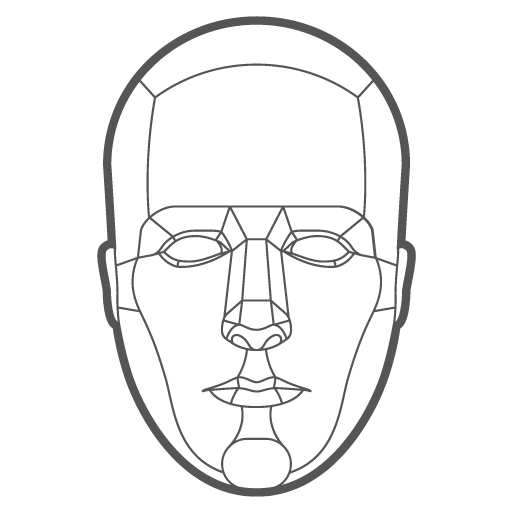Sensations lead to perception. We simply perceive too many objects to remember every individual thing. We mitigate this problem through conceptualizing our perceptions. What is a concept? A concept is cognitive unit of meaning—a symbol that refers to objects in reality. Humans can form concepts because we can recognize similarities and differences among objects in reality. We summarize these similarities or differences through a process of abstraction. Let me give a few examples of concepts and concept-formation.
The color green: Green is a concept. Green does not exist by itself just floating somewhere in reality. There is no "green" that one can point to. But we can see a green mango, a green car, and a green turtle. These each have the property green. Green does not exist apart from green objects.
Colors: We can also create concepts of concepts. Once we understand the concept green and the concept yellow, orange, red, purple, and blue. We conceptualize these concepts into a higher concept called "color."
Properties: A property is an even higher concept. It is a concept that can group color, shape, mass etc.
Humans: When we see a particular human that we have never seen before, we don't think, "Whoa, I have never seen this before; I have no idea how to interact with it." Instead we automatically create the concept "human" through our past experiences with other humans and we then know how to interact with new "humans" that we have never seen before. Now the word "human" does not refer to any one thing in reality. There is no one "human" that we can point to. Instead "human" is a concept that refers to any object that shares certain similarities among other concepts such as arms, language, body odor, etc.
From these examples, we see that the human mind can create more concepts than objects in reality. Concepts can refer to reality. But the farther the concepts move away from reality, the more likely people will be confused. We must be vigilant in making sure that (1) concepts accurately reflect reality and that (2) our concepts are properly integrated with all other concepts to avoid contradictions.
An axiom is a foundational proposition that cannot be proved but can be validated. Propositions are axioms when one must assume the proposition when trying to deny it. Conceptualization is an axiom because one must use it in order to try and deny it. Likewise the validity of the senses are axiomatic because (1) the senses lead to concepts and (2) one must use concepts to attempt to reject the senses.



